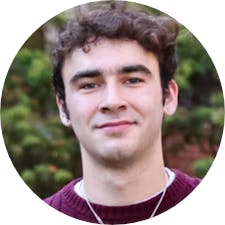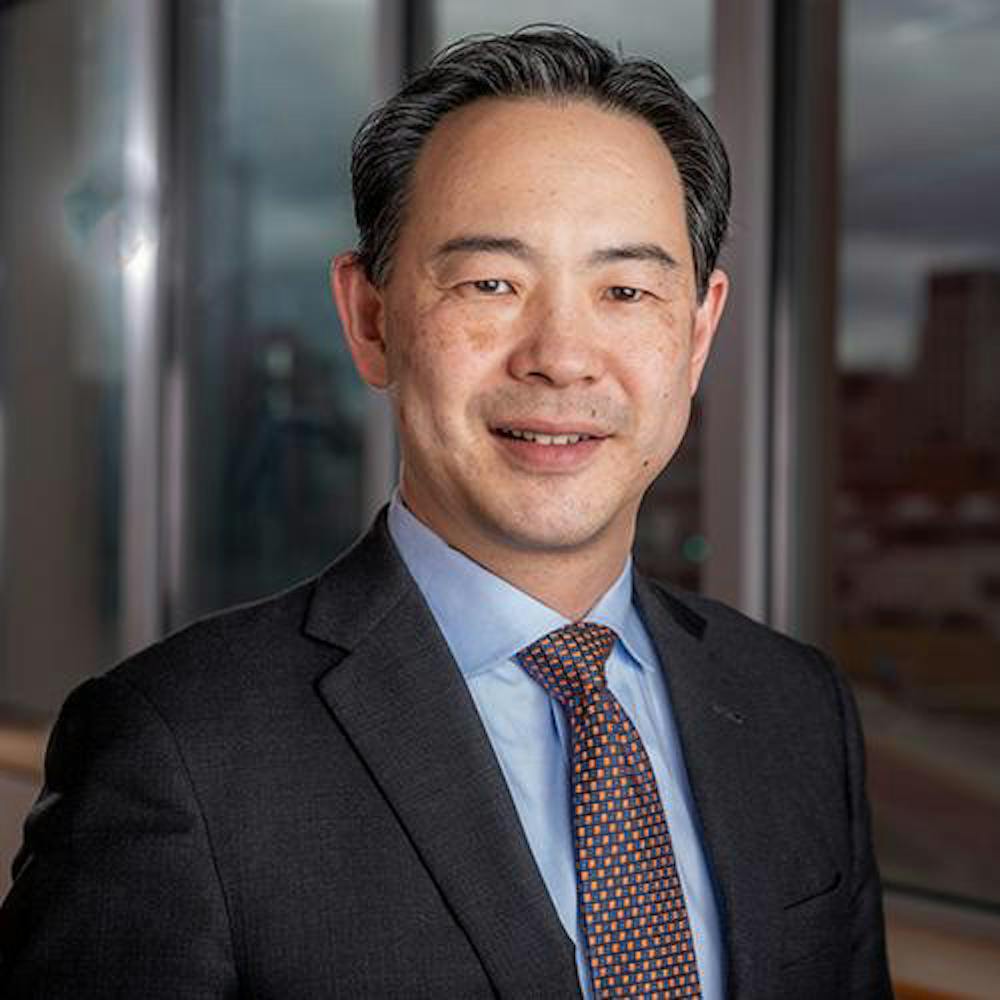Peter Lee ’94 PhD’03 MD’05, assistant professor of pathology and laboratory medicine, is helping lead a research project that studies heart tissues on the International Space Station. The project — a recent collaboration with researchers from Johns Hopkins University — aims to learn about the impact of low gravity on cellular conditions and possible ways to mitigate the effects of aging, according to a University press release.
Heart tissue samples launched to the International Space Station last month returned to Earth in mid-April and are now being studied by researchers in St. Petersburg, Florida, according to a Johns Hopkins press release. During their experiments, astronauts on the space station introduced “FDA-approved medicines … to prevent heart cell changes” that may occur in flight.
On the space station, the team monitored the tissue’s mitochondria — tiny organelles which provide energy to cells — and how the heart cells contract in low gravity, according to the JHU press release.
But the results of the study extend well beyond the space station and have far-reaching implications on Earth, Lee said. Studies on the space station can act as “a model … that is similar to aging in a very (short) period of time.”
In a prior related experiment also partially helmed by Lee, researchers observed how the low-gravity environment of space impacted untreated heart tissues. The most recent experiment looks to follow up on this initial study, observing the impact of various medicines on the cells.
Researchers have seen “irregular heart rhythms (and) changes to the mitochondria” in space that appear similar to the hearts of aging patients on Earth, he added.
Deok-Ho Kim, professor of biomedical engineering at Johns Hopkins, is the primary investigator on the project, while Lee is a co-investigator. Kim said the two met at a research conference and later became close colleagues and friends.
When they were both applying for the same grant, the two professors decided that “rather than (competing) with each other,” they would collaborate on a single, stronger proposal, Lee said.
According to Kim, current models for studying aging may not be the most representative of human physiology. A common method is to use “two-year-old mice,” he explained.
“But we are not mice, and 24 months cannot predict the … 70-year-old human being,” Kim said. “We are dealing with human tissue … so it'd be, in theory, more predictable (for) human aging.”
Lee’s study utilizes “tissue-on-a-chip” technology, which acts as a miniaturized model of human organs and serves as a substitute for sending actual human heart cells to space, Lee said.
“It potentially could reduce — if not eliminate — the need for doing animal testing,” he added. This model is also more scientifically rigorous compared to studying individual cells, but easier and cheaper than animal studies, especially when studying multiple treatments.
Both Kim and Lee expressed that in space research, there is no room for mistakes. “If there's any mistake or any defect, we won't be able to get any data,” Kim said.
“Often, it takes a couple of years of planning to do this one experiment,” Lee said. “It's a very different way of thinking, and also very frustrating (and) limiting, because there's only so much you can do.”
Lee has long been interested in space research. During his time at Warren Alpert Medical School, he worked in the lab of Herman Vandenburgh, professor emeritus of molecular pharmacology, physiology and biotechnology and of pathology and laboratory medicine, “specifically because (Vandenburgh) was doing work with NASA,” Lee said.
From this experience, Lee decided to pursue a combined MD-PhD with Vanderburgh as his advisor. During this period, Lee took a year off to receive a master’s degree in space studies from the International Space University.
After holding faculty positions at other universities, Lee was excited to be able to return to College Hill as a research faculty member in 2020, according to the University press release.
“It’s always exciting to be back to your alma mater,” he said. “I’m really excited about being able to give back and work (with) students … in the way that I’ve been helped by my mentors.”

Ryan Doherty is the managing editor of digital content and vice president of The Herald's 135th editorial board. He is a junior from Carmel, NY who is concentrating in chemistry and economics. He previously served as a university news and science & research editor, covering faculty and higher education.





